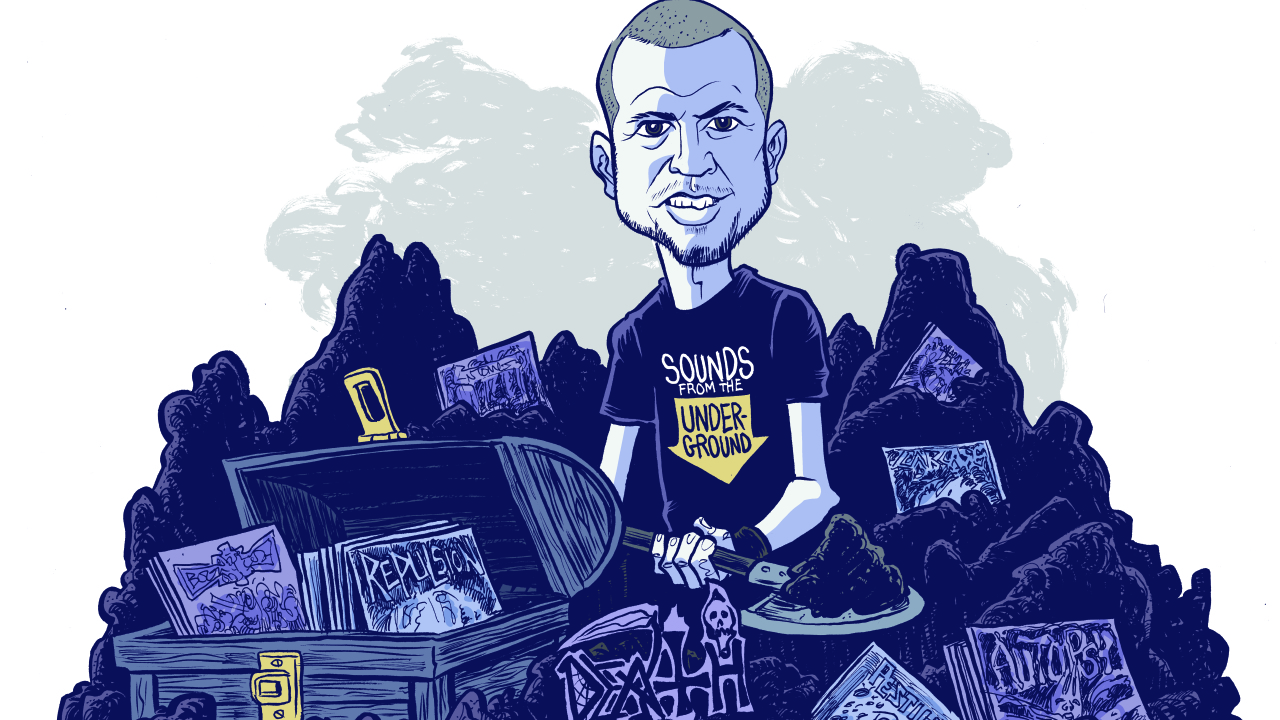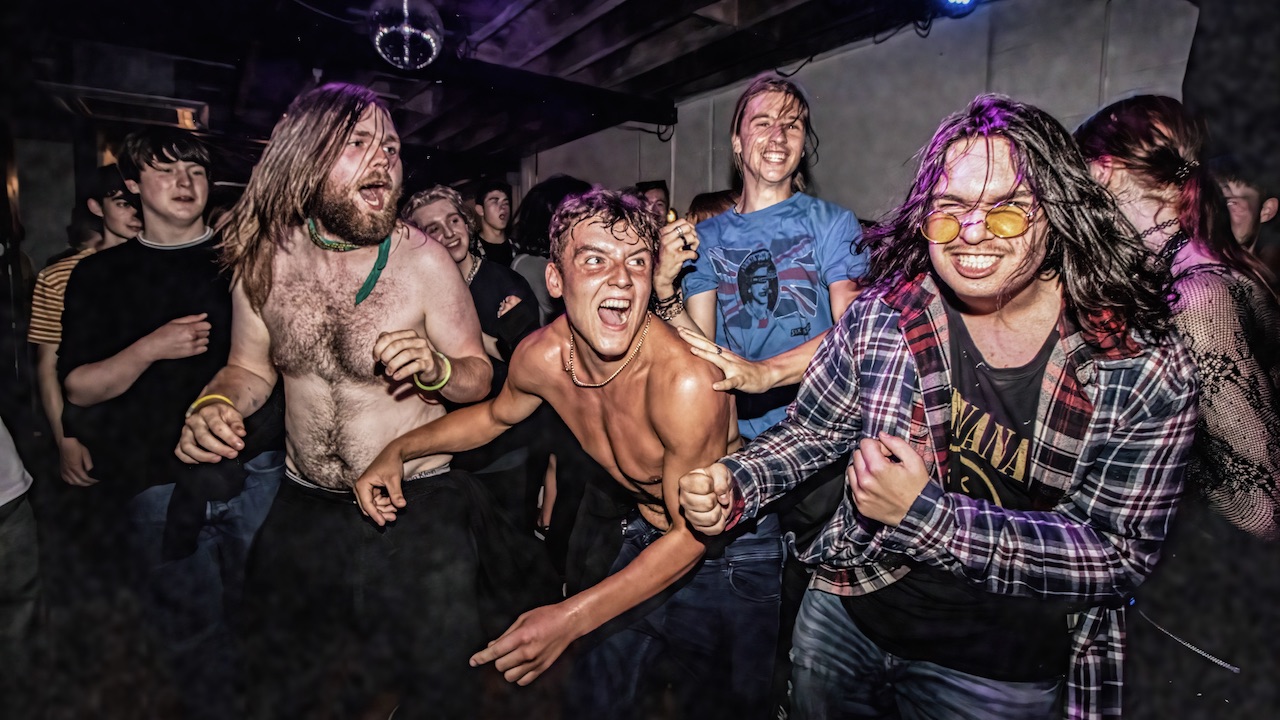The New Testament: Jamey Jasta
Non-mainstream music and the freedom enjoyed by those who make it are essential for the continuing evolution of the metal scene. DIY diehard Jamey Jasta avows that we should think underground

I first discovered the underground when I was about 11 or 12.
We were driving by this area near my house, with a coffee shop and a health food store and a counterculture book store, and there was a venue. You would get these punk rock, hippie, skater types that would be hanging out, and I remember seeing a line of people waiting to go into a show at about 6:30 at night. Everybody had different colour hair and mohawks, and I thought, ‘Wow, that looks like an interesting place!’
I saw in a local free paper there were reviews of the shows and an ad for the club. There was a show happening and the band names looked cool. I think it was Big Mistake – a local band – who were playing their record release party. I rode my bike over, and I paid to get in. I ended up watching the show thinking it was amazing. When the band got off stage, I went up and said hello to them… you could even talk to the bands!
I loved the loud amps in my face and being four feet from the stage. Plus, there was the consensual violence. At that age, I had a lot of rage and testosterone, and was ready to have a good time. There was a show every week – sometimes multiple shows – and you could go and get all that aggression out in a positive way.
I ended up meeting some likeminded people that were into hardcore and punk and ska. I saw an ad, joined a band and started promoting shows. I did my first show when I was 13 and it snowballed from there.
This was pre-internet and pre-cell phone, so you really had to hand the flyer to someone and say, ‘Please come if you like this sort of music!’ You really had to try and sell your gig. The internet has proven to people just how vast and massive the musical landscape is, and how extremely hard it is to not only gain the attention of fans, but to maintain that attention. People say, ‘The internet’s an equal playing field,’ but it really isn’t. The internet is driven by marketing dollars. The bands with the biggest marketing push will get the feature on YouTube. But I wouldn’t know about a band like Pallbearer if it wasn’t for the internet. There are different ways to be exposed to a band and the internet is one way, but being at a show, seeing a shirt or a patch on someone’s vest, and then checking them out… word of mouth is still vital for new bands to survive.
In an underground scene, you need leaders in any aspect of the industry. If one city was only into one type of music, it’s probably because the local promoter was the figurehead who was bringing those types of bands, and then people’s only choice was to see that type of band.
Sign up below to get the latest from Metal Hammer, plus exclusive special offers, direct to your inbox!
With the early Hatebreed tours, not being pigeonholed into one sort of scene and gaining different types of fans was key to having success. The hardcore and punk scenes were so small and spread out across the US back then that some cities didn’t even have a venue, or a cool record store, or even any bands. But you could go to a place like Florida, where they might not have a hardcore punk scene, but they’d have a death metal scene, and you could play with those bands, so we opened for Entombed and Six Feet Under.
Having ties with different areas of the underground music scene helped us stay open about playing with other groups, and accepting people and bands for their art – not their look or what scene they were tied to.
The underground starts from a place that isn’t so driven by commerce. Once a band get to a certain level, and have a certain type of lifestyle, they have to try to maintain it. You’re employing a road crew, management, booking agents and things like that. Some bands might have a hard time being creatively adventurous because they don’t want to change the recipe. But in the beginning, when you have nothing to lose, and it’s not so driven by commerce, the underground enables you to be more outside-the-box and to remain creatively unique.
Hatebreed will play at Ghostfest in Leeds and Bristol in September
